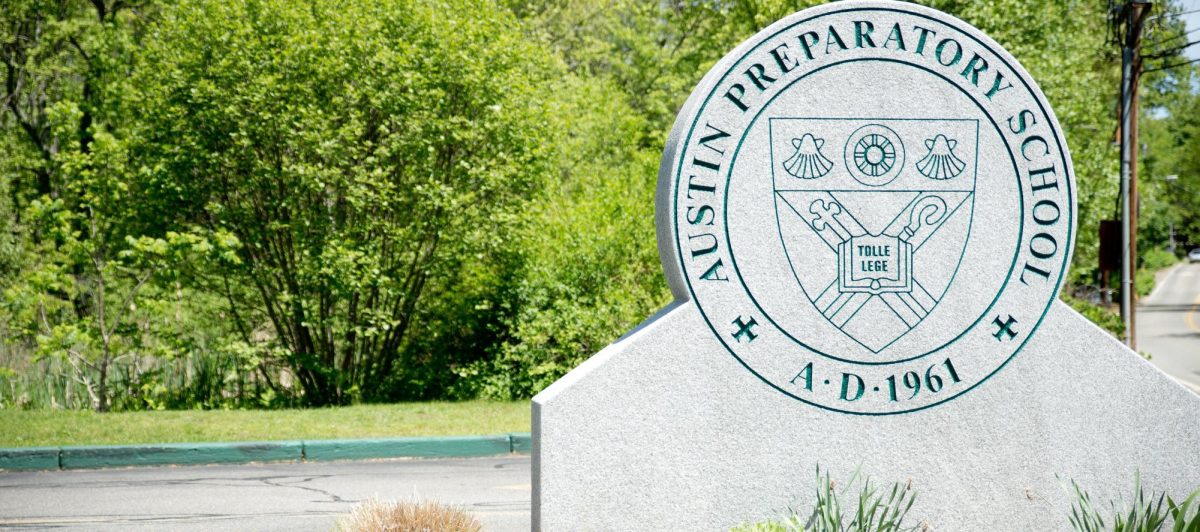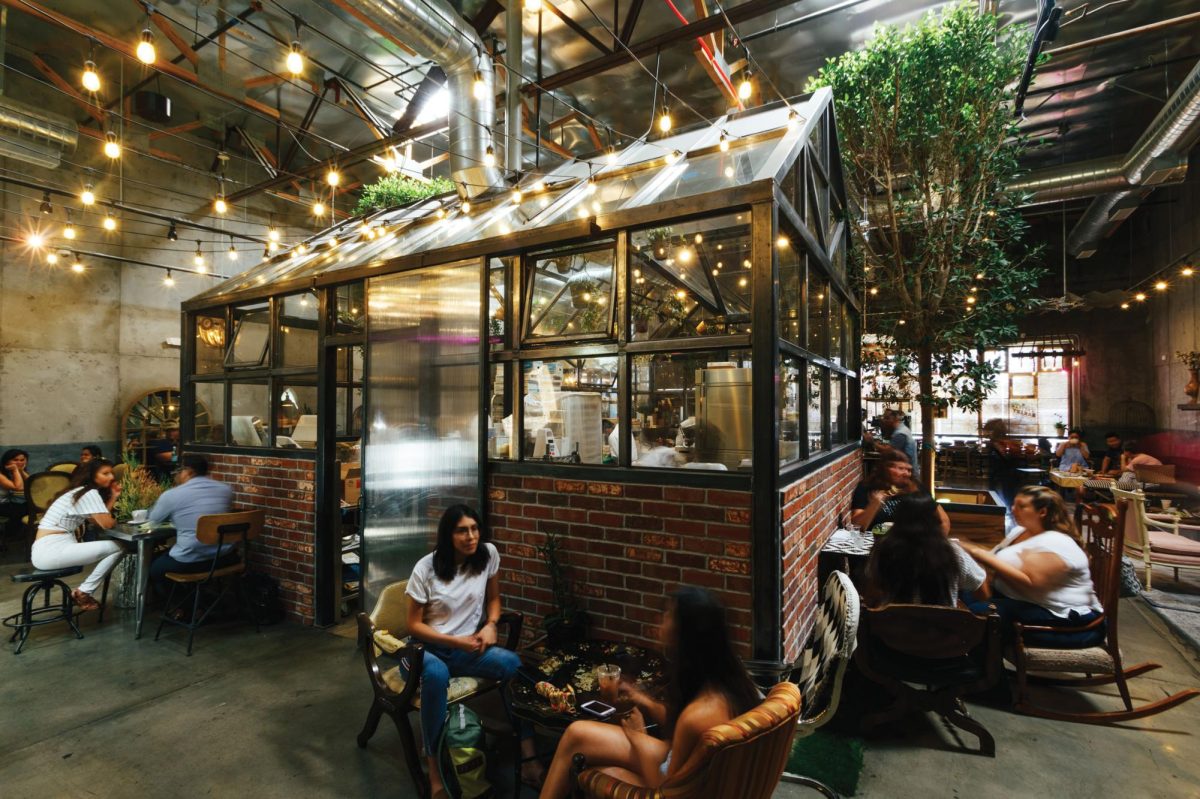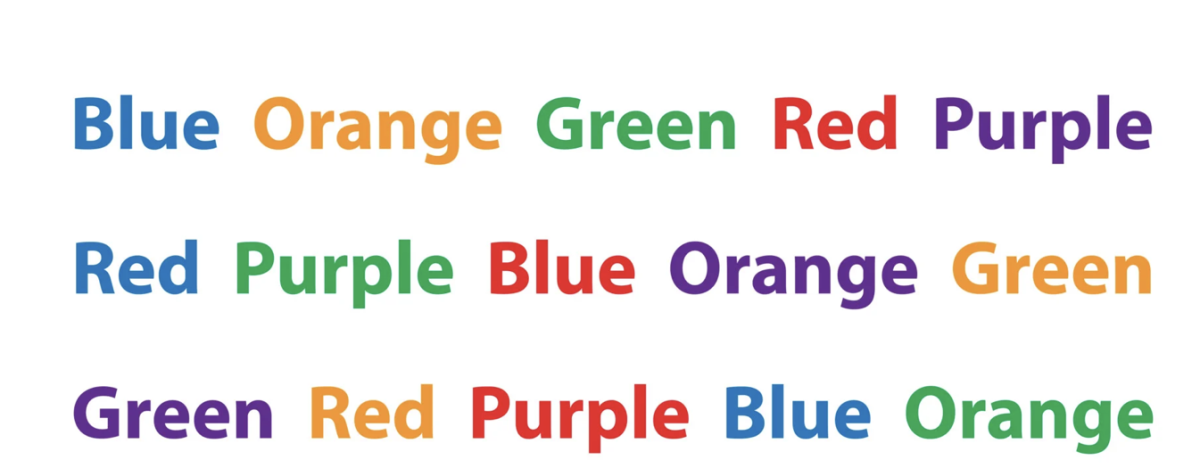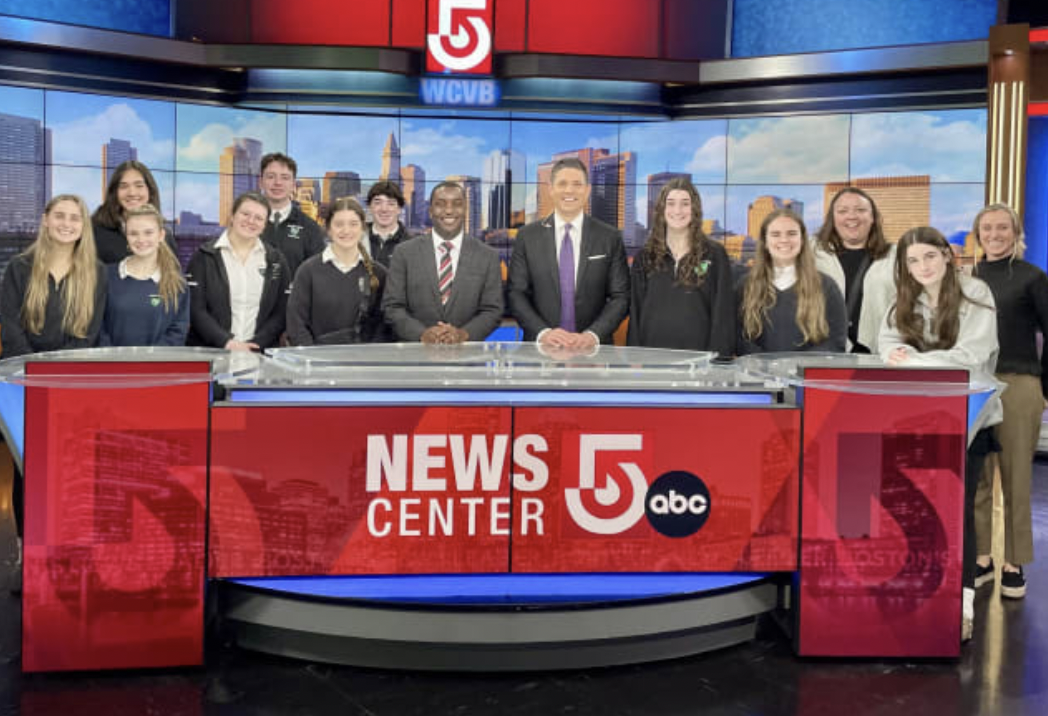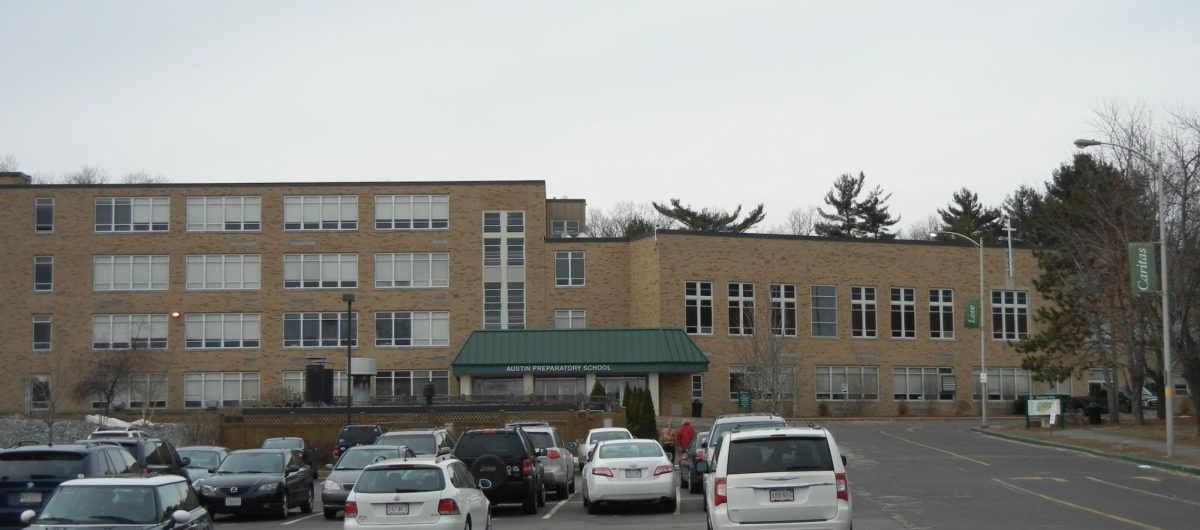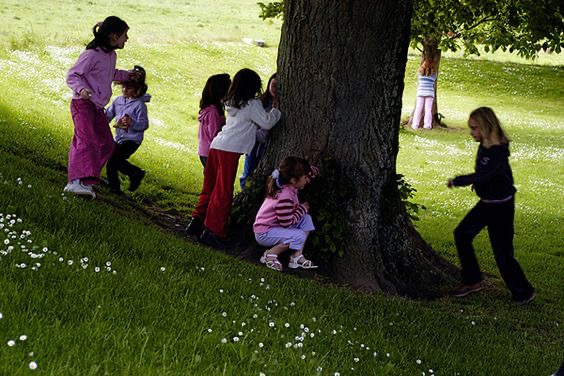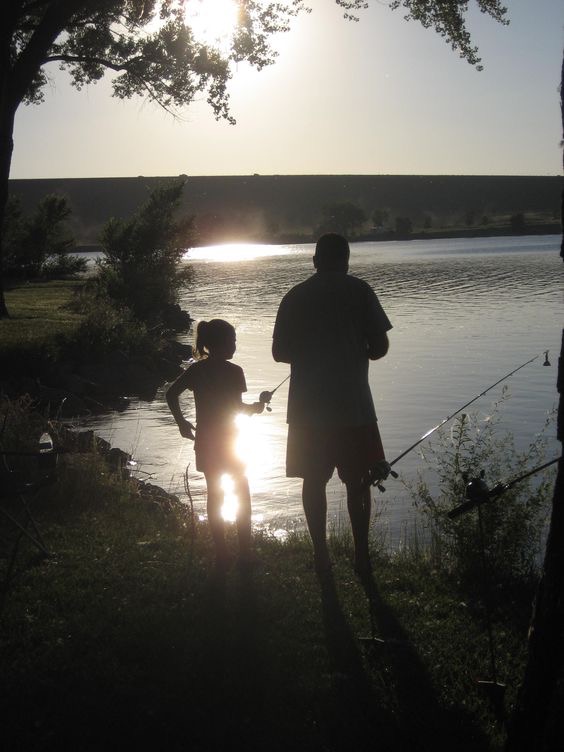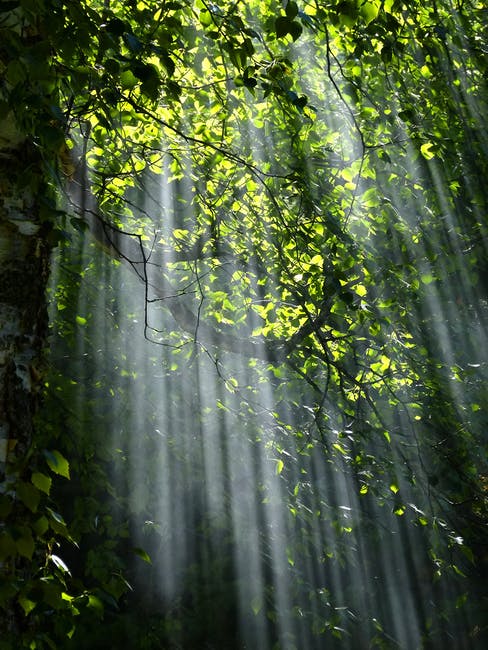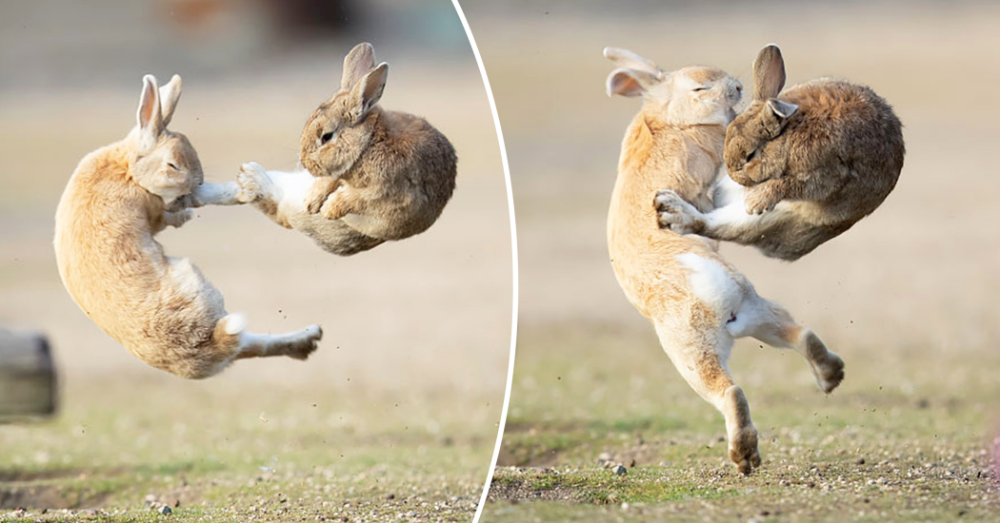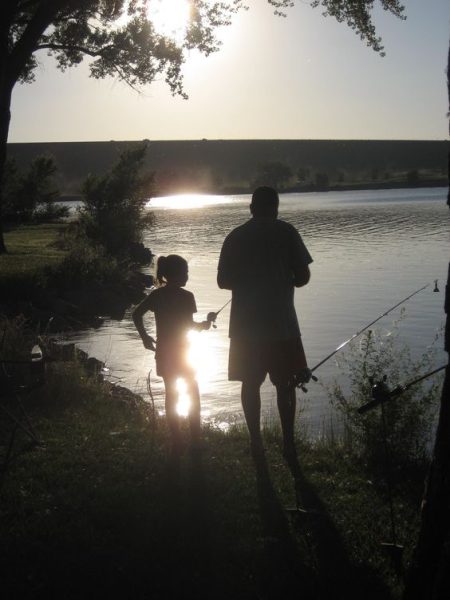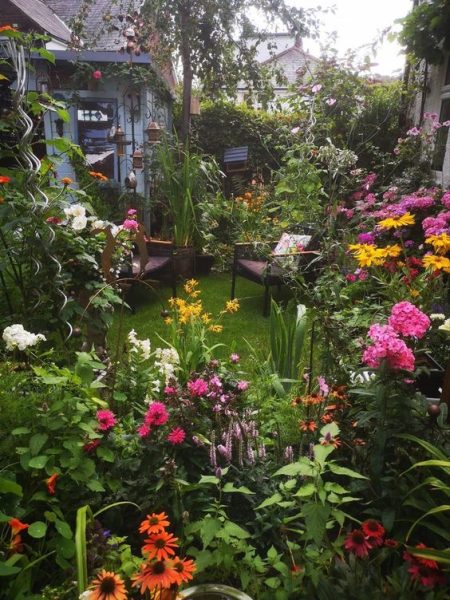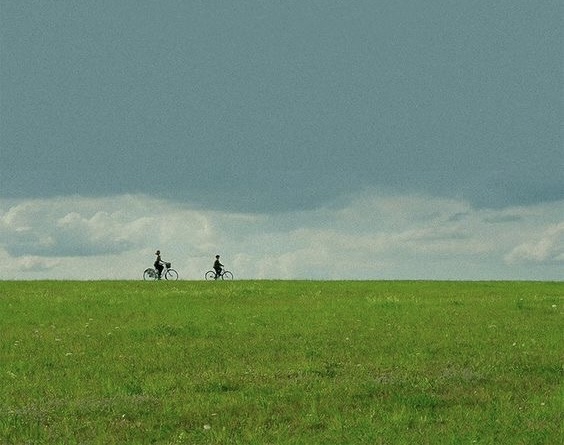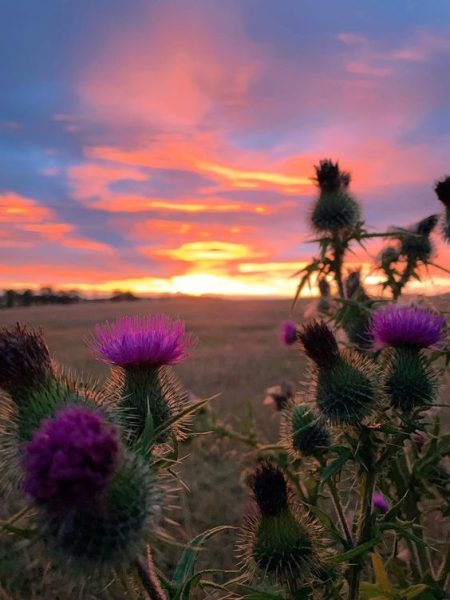They grow in trees
March 6, 2022
They grow in trees, bushes, and vines. They come from the cold and the heat, bursting through frozen ground and blossoming in the youth of spring. They thrive in the summer, under the burning of the sun, the warmth of the rain. Their seasons are those of laughter and __, long days and short nights. They exist in wild meadows and monitored farms, carefully plucked from their stems when the time is right.
They come in different shapes, colors, and flavors. They enjoy morning, noon, and night. They don’t go anywhere, even in the changing of the seasons, but there’s always something different. They can be stiffer, as though raw without the natural sunlight. The grocery store chemicals don’t suit their skin, the leaves drying awkwardly, as though frozen in place, certain berries mushed within their containers.
A careful handpicks through the store’s fruit, clean hands turning over every last one, searching for a bruised apple or a crushed grape. They are slightly dull under the fluorescent lights of the refrigerator. Surrounded by vegetation, they look at home, yet so out of place.
Red splatters across the counter, like a wound being opened. Strawberries are stabbed, grapes are skewered. The apple is chopped into sliced, red skin peeled back to reveal the flesh beneath. The pineapple is diced, its protective skin long since lost. It too is impaled, stuck next to the carved apple as though they belong together, the spring and the fall. Blueberries bleed purple, little seeds mashed against the skin, stuck to the counter. They don’t hold to the stick the way they should, are tossed aside as the hand sorts through the rest, looking for the ones that may work. The massacre on the counter is a mess of reds and blues, blood and bruises, and sticky residue. A knife lays innocently on the counter, still stained the color of its victims. The hands are washed and cleaned, pulled back in order to admire their work. The hands move them once more, far more careful this time around. They are placed together, covered by plastic.
Scissors snip ribbon, a pen scrawls on paper, again and again. The paper crumbles, the hand finds a new one. Atop the basket, a bow is tied.
It is winter now. Fruit is not in season, washed out, and laced with grocery store chemicals. Careful hands pick through them, searching for ones that managed to ripen in spite of this, the vibrant ones that stood out the most. They are placed together, assembled in the basket, and delivered to the doorstep with a card.
In the dead of winter, fruit does not belong outside. It belongs by the pool and in the meadows, in the green of spring and the sun of summer. It’s bright and colorful against the white of its surroundings, and when gentle, shaking hands reach down to bring it inside, it is decided that the messy counter massacre and the tedious grocery selection were worth it.
It is placed on the counter, examined by weary eyes, and left there- maybe for the beauty, maybe for the comfort. Fruit should not grow to be this bright in the winter. And yet, they grow from the icy ground in the spring. A card is taped to the plastic cover of the basket, which crinkles as the hand reaches for it, opening it with an air of apprehension.
Neat, loopy handwriting on a background of stark white, like the cold of outside and the cold of the house. The note sits heavily in a shaking hand, a vast contrast to the warmth of the sunny fruits and pink ribbon.
Sorry for your loss, it reads.















